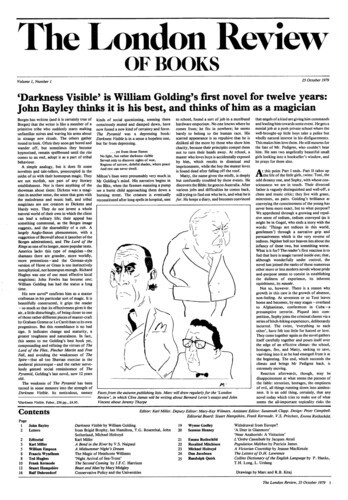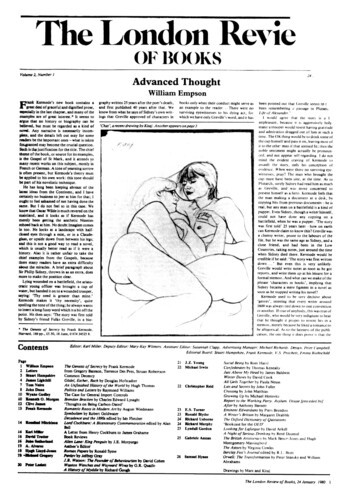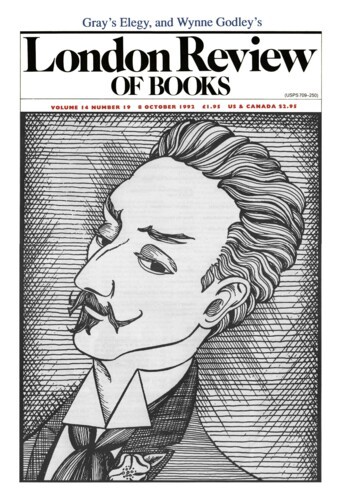Wynne Godley asks if Britain will have to withdraw from Europe
Wynne Godley, 25 October 1979
The implications for Britain of EEC membership are rapidly becoming so perversely disadvantageous that either a major change in existing arrangements must be made or we shall have, somehow, to withdraw.



